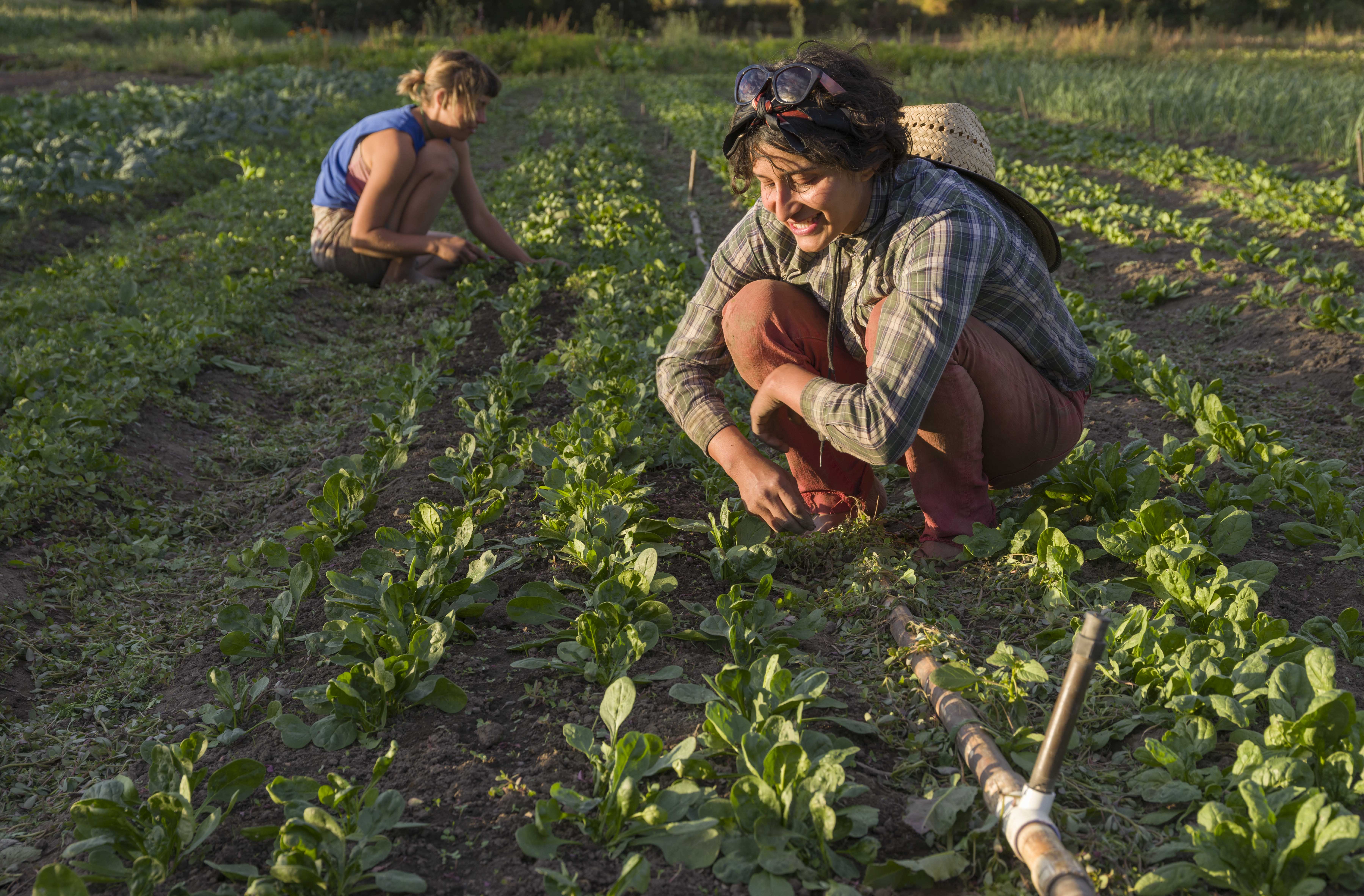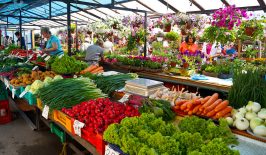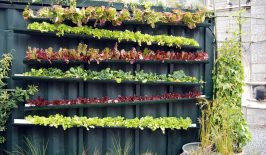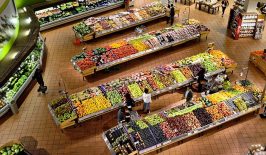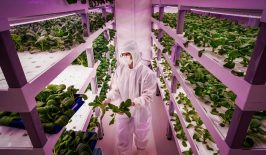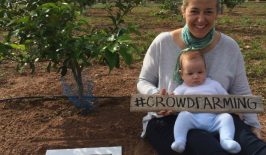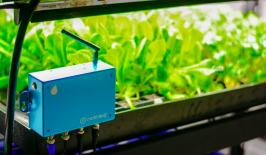According to the World Resources Institute (WRI) and the UN Food and Agricultural Organization (UN FAO), the global agriculture and farming industry is responsible for around 14 to 18 percent of all global greenhouse gas emissions. This figure places it around par with the transport sector, and only marginally behind the energy and heating industries.
Much of these emissions are due to the increasingly intensive and industrial methods used in modern farming, especially in relation to meat production. Now, in an attempt to reduce the effects of climate change, and also forge a new relationship with food, a town in the Netherlands has gone back to basics as a new alternative to the weekly shop.
The Boxtel Cooperative, based out of the Dutch town of Boxtel in the southern Netherlands, is a new type of farm which includes local families in their food production activities. Known as a Herenboerderij – or People’s Farm – around 200 families in the area have come together to make the big decisions about how their food is produced. They decide what crops will be grown in what amount, which animals will be reared, as well as hire a farmer to conduct the day-to-day activities of the cooperative.
The goal, according to Douwe Korting, co-leader of the Boxtel cooperative, is not only to produce food in a seasonal and environmentally-friendly way, but also to create a new relationship and understanding between people and the food they eat. Korting told France24:
“The main aim of the members is to eat natural products, produced near to where they live, in a more sustainable way. People are really starting to see that a change towards a different way of eating is essential.”
Currently, the Boxtel farm has around 20 hectares (49 acres) of land, 15 cows, 20 pigs and around 500 chickens. The families, who first decide on which produce is to be produced, then visit once a week – usually by bike – to take home their share of the yield. According to the farm leaders, this accounts for about 60 percent of the diet of its 500 members.
Does Dutch Farming Need to Change?
The idea of returning to collective, artisanal and more traditional farming methods is particularly pertinent for the Netherlands. The famously flat, windmill studded country is ideal for agriculture, with around 60 percent of its land mass being used in food production, resulting in the Netherlands being the world’s second biggest agricultural exporter in the world – after the US. It is also home to Wageningen University, the world’s number one institution for agricultural education as well as research and development laboratories for twelve of the world’s biggest food and drink companies.
In order for a relatively small nation to achieve this impressive record, intensive farming is central to increasing efficiency, yield and profits. However, the reliance on industrial methods of farming also has a negative impact on climate change, while the mass exporting of food further contributes to emissions.
The Netherlands is also particularly vulnerable to climate change as around 25 percent of the nation lies below sea level. Geert van der Veer, another co-founder of the Boxtel Cooperative, explained:
“Something has to fundamentally change in our system of production and our way of feeding ourselves if we want to keep our feet dry.”
Faced with these challenges the Dutch agricultural minister, Carola Schouten, recently provided a 135 million euro package to help Dutch farmers move to a more “circular economy” agricultural model which aims to produce food as sustainably as possible, as opposed to as cheaply as possible.
The Boxtel Cooperative founders stress that although their farming philosophy may seem somewhat archaic, they are not neo-Luddites who reject technology. For example, they plan to introduce robots to detect when fruit is ripened, as well as drones to assist the farmer in his duties.
In reality, initiatives such as the Boxtel Cooperative will likely only have a very minor localised impact on the effect of agriculture on climate change. A growing global population, especially in developing nations will often necessitate somewhat intensive farming methods. Furthermore, the cost of membership – a 2,000 euro entry fee followed by 10 euro per person weekly payments – will likely make it attractive only to middle class relatively well-off families. The requirement that participants also live close to the farms could also make the project unattractive to city dwellers.
Despite this, the Boxtel Cooperative is indicative of a growing desire to recalibrate consumers relationship with food, in particular to eat locally and seasonally. If nothing else, it could put pressure on supermarkets to better label the origin of produce, or highlight those which have been produced in the local area. For its part, the Boxtel People’s Farm has been deemed a success, and a second collective farm in central Netherlands is now due to open.
